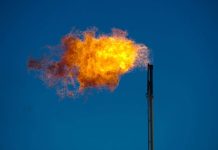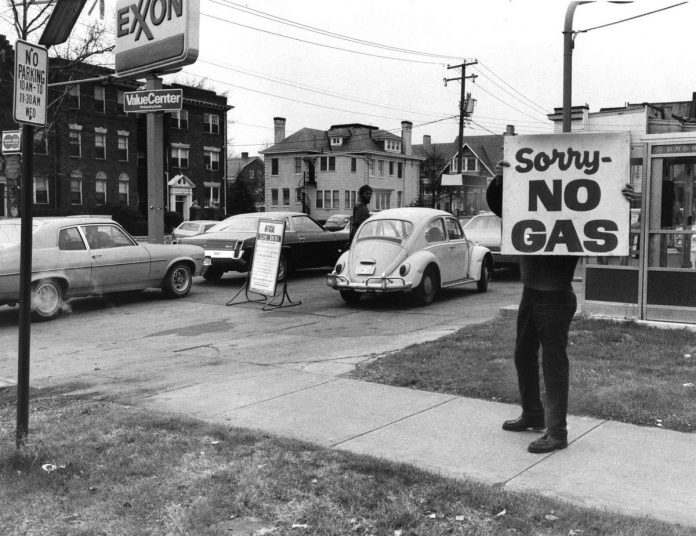
BREA, California – This installment of History Corner offers commentary from someone who was there for the Great Oil Embargo of 1973/1974. I was just getting started in the oil and gas industry when everything changed.
First, a little corporate history. Once upon a time the Seven Sisters of Oil controlled about 85% of the world’s petroleum reserves prior to 1973. They were (and are):
- Standard Oil Co. Of New Jersey (ExxonMobil)
- Standard Oil Co. of New York (ExxonMobil)
- Royal Dutch Shell
- Anglo-Iranian Oil Co. (British Petroleum)
- Standard Oil Co. Of California (Chevron)
- Texaco (Chevron)
- Gulf Oil (Chevron)
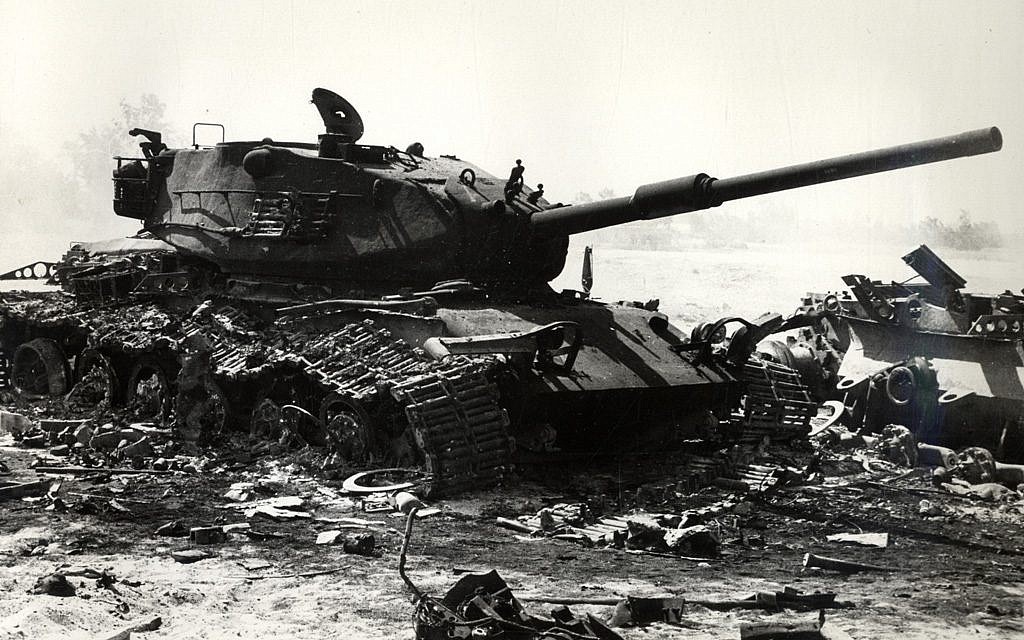
In 1973 the Arab neighbours of Israel (principally Egypt and Syria) conducted a surprise attack during a Jewish holiday. This became known as the Yom Kippur War. Israel was losing, but the United States resupplied the Israeli Army and Air Force with enough new equipment to replace most of what was lost in the opening attacks. To punish the US and other allies for helping Israel avoid losing the war, the Organization of Arab Petroleum Exporting Countries (OAPEC) embargoed oil shipments to the US and Europe. A side comment: It’s a good thing the US did what it did. If the Arab countries had succeeded in overrunning Israel, Israel would have used its nuclear weapons on Arab armies and perhaps cities and God knows what that would have led to.
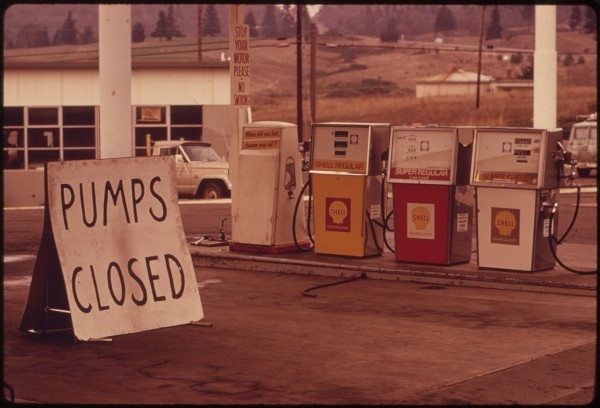
The Seven Sisters rolled over and played dead. By acceding to the blackmail they forever lost their mojo. Nationalization of oil company assets became common, culminating in Saudi Arabia taking over Aramco. Price of oil went from $3/bbl to $12/bbl. Never one to waste a good crisis, the US federal government imposed all sorts of new bureaucracies and dumbass rules. Imported small cars became hugely popular while the typical large American car collected dust sitting on dealers’ lots. Gasoline and diesel fuel rationing was imposed. You could only go to a gas station if the final digit of your license plate was even on even-numbered days or odd on odd-numbered days. Gas stations displayed a red flag if they were out of fuel or a green flag if they had fuel. The silliness was extraordinary.
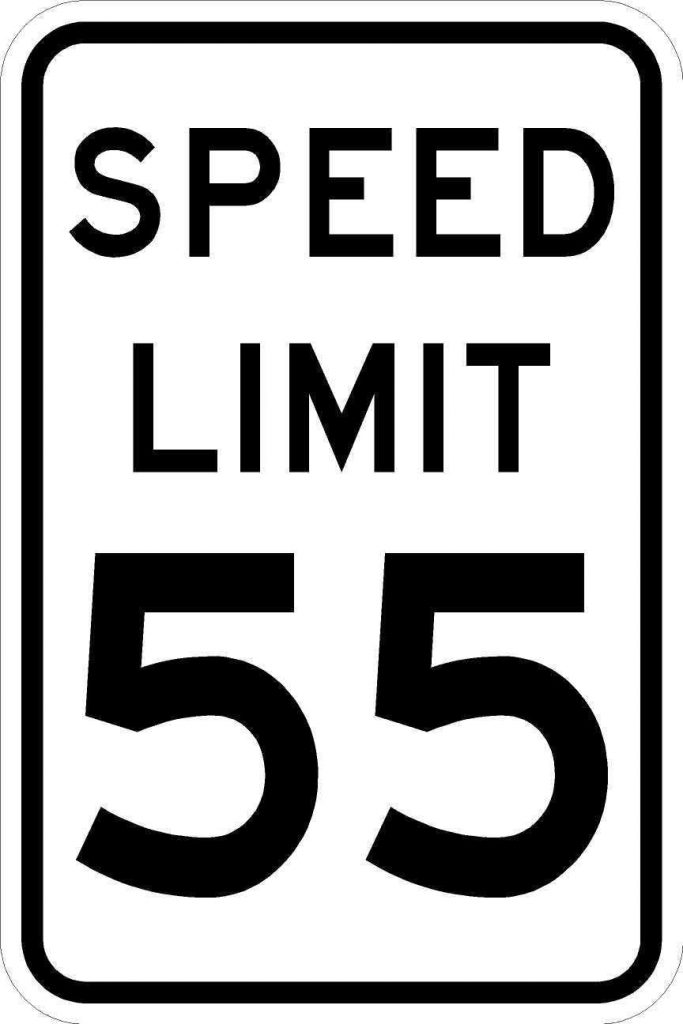 In 1974 the federal government of the US imposed a nationwide speed limit of 55 miles per hour (89 kilometres per hour). This idea was to reduce gasoline consumption. The new speed limit was almost universally ignored, especially in the western states. It was finally repealed in 1995. Today, in Idaho, Montana, Nevada, Oklahoma, South Dakota, Texas, Utah, and Wyoming there are parts of the interstate highway system that have a speed limit of 80 mph (129 kph). One toll highway in Texas has a speed limit of 85 mph.
In 1974 the federal government of the US imposed a nationwide speed limit of 55 miles per hour (89 kilometres per hour). This idea was to reduce gasoline consumption. The new speed limit was almost universally ignored, especially in the western states. It was finally repealed in 1995. Today, in Idaho, Montana, Nevada, Oklahoma, South Dakota, Texas, Utah, and Wyoming there are parts of the interstate highway system that have a speed limit of 80 mph (129 kph). One toll highway in Texas has a speed limit of 85 mph.
In a supreme irony, the embargo kicked off a drive towards smaller more efficient cars, conservation and alternate energy sources that eventually led to OPEC losing a lot of its market power. Today it is mostly irrelevant.

















